Product Description
The Vicoustic Super Bass Extreme provides acoustical control across all important frequencies, helping your room sound balanced so that you hear your music (not your room). These high performance bass traps are designed to be mounted in the corners of your room where bass naturally builds up.
Low Frequency Control
Basic broadband bass traps rely on thick porous absorption, with an air gap between the absorber and the wall. However, for very low frequencies this is an inefficient use of space. This is because porous absorbers act on the particle velocity of a sound wave, which is zero right against the wall and maximum at ¼ of a wavelength away from the wall. That means for porous absorption to be efficient at 80 Hz (wavelength of 14 feet), you would need absorbent material 3 ½ feet from your wall.
In contrast, Vicoustic’s Super Bass Extreme has excellent absorption at 80 Hz, and it fits snug in the corner of your room. It achieves this because unlike porous absorbers (which act on the particle velocity), it uses a membrane that responds to the sound pressure, which is maximum in the corners of the room.
The membrane (or diaphragm) is tuned to 75-85 Hz and vibrates over that frequency range, converting pressure fluctuations into air motion. The moving air is forced to pass through high-density acoustic foam inside the Super Bass Extreme. This resistance causes acoustic energy to be absorbed and converted to heat. The system behaves like a damped spring, absorbing low frequencies down to 60 Hz.
But, Super Base Extreme traps are not simply membrane / diaphragmatic absorbers. To further take advantage of the high pressure in the corners of your room they integrate another method of absorption: The panel at the back of the bass trap is micro-perforated with 1 mm holes, making it behave as a tuned Helmholtz resonator. Through testing, Vicoustic found that these perforations caused a 20% increase in low frequency absorption efficiency. The back panel Helmholtz resonator in the Super Bass Extreme is a simple enhancement that makes a big payoff in performance.
Mid-High Frequency Control
The Wavewood panel front of the Vicoustic Super Bass Extreme features a sequence of cavities with absorption underneath. This patterned wood surface (which looks like an audio wave form) functions as a hybrid absorber / diffuser. As the frequency increases, the front surface acts less like an absorber and more like a diffuser, scattering mid-to-high frequencies to improve the sense of spaciousness in your room. This way, low frequencies are absorbed while precious high frequency energy is preserved. In other words, these bass traps help retain liveliness so your room does not sound overly dead.
Optional Super Bass Extreme Stackers (Sold Seperately)
The modular design of Vicoustic Super Bass Extreme traps allows mounting flexibility and portability. The default mounting method for permanent installations is to use adhesive flexi glue. For non-glue installation, consider the optional Stacker Levels and Stacker Bases (sold separately). The Stacker Base anchors to the bottom bass trap, giving a stable platform for building the stack, while Stacker Levels sit between traps so they can be stacked on top of each other.
This system lets you safely stack multiple Super Bass Extreme traps in the corner without the need to permanently fix them to the walls.
Why do I need Bass Traps?
Small and midsize rooms such as control rooms, mastering rooms, tracking rooms, listening rooms and home theaters naturally have a problematic, uneven low frequency response. This is caused by resonant room modes, standing waves, random wave interference and speaker boundary interference response (SBIR).
Room modes are natural resonances caused by the geometry of your room. They cause problematic peaks and nulls (dips) in the frequency response. In other words, the loudness at a particular modal frequency will vary depending where you are in the room. At locations in your room where sound waves are in phase with each other at a specific frequency, a peak occurs in the response (this is what causes the infamous “one note bass”). At locations where bass waves are out of phase (called nodes), you’ll get a null in the response.
Speaker boundary interference response (SBIR) causes deep dips in the bass response below a certain frequency. This is caused by destructive interference between the source sound wave coming out of your speaker, and the reflected sound wave bouncing off a nearby boundary (such as a wall). When the direct and reflected sound waves are out of phase with one another, cancellation occurs, causing a dip, or null.
The simplest way to tackle these problems is to mount bass traps, like the Super Bass Extreme by Vicoustic, in as many corners of your room as possible. Then, you’ll be able to clearly hear the frequency balance in your music and enjoy numerous benefits: You will be able to make better mixes, trust your ears when mastering or critical listening, hear nuances you never new existed and enhance the pleasure of your listening experience.
Applications for Vicoustic Bass Traps
Any domestic-sized room used for music will benefit hugely from bass traps. In general, start with broadband control, then use tuned bass traps like the Vicoustic Super Bass Extreme to target problematic low frequencies where broadband absorption is inefficient. Use in small to medium sized rooms including control / mixing rooms, post production rooms, mastering rooms, live recording rooms, hi-fi listening rooms, home cinema rooms and small rehearsal spaces.
If you’re looking to treat your whole room, click here for your personalized Vicoustic room treatment plan. We can assess your room and design a custom-fit acoustic treatment kit just for you.

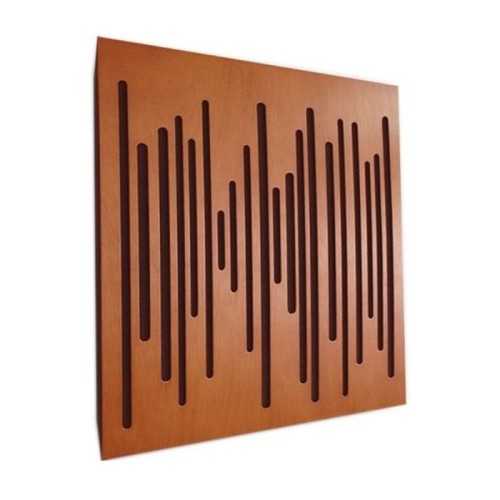
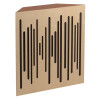
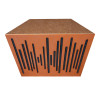
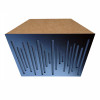
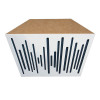
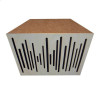
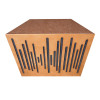
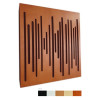
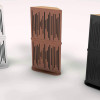
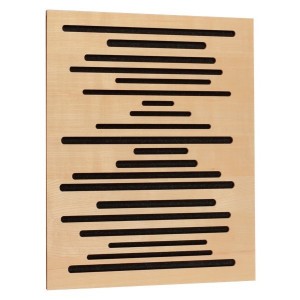
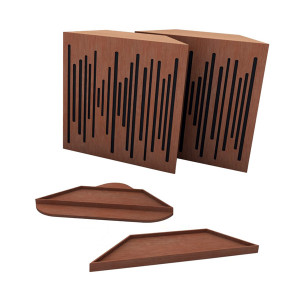

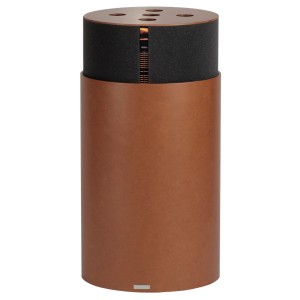
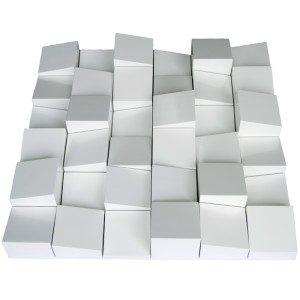
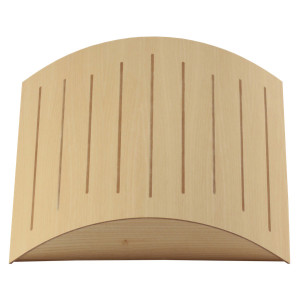
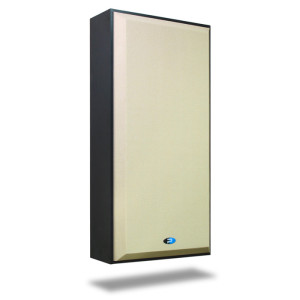
Reviews
There are no reviews yet.